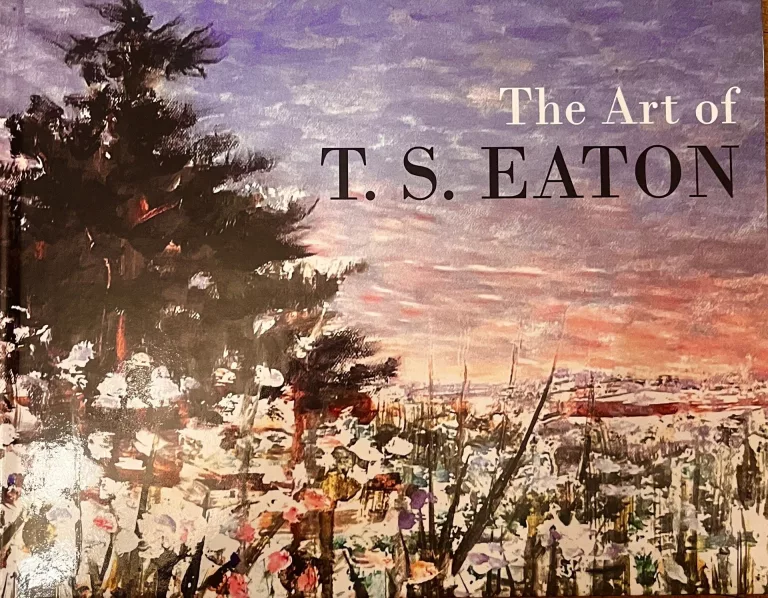By The Rev’d Marek Zabriskie
On a Wednesday evening in January of 1999, Sister Helen Jean Prejean, author of a book called Dead Man Walking, addressed a packed church from the pulpit of my former church outside Philadelphia. Millions of Americans had watched the gentle Catholic nun being interviewed on television shows and had read her book or seen the movie based on it.
Sister Prejean had risen to fame in a most unusual way. In 1982, the director of a prison ministry group asked her to write to a death row inmate in Louisiana named Patrick Sonnier. Five years earlier, Patrick and his brother Eddie had committed a horrible crime.
Patrick was sentenced to death. Sister Prejean wrote to him, began visiting him, and eventually became his spiritual director. Two years later, on April 5, 1984, Patrick was executed.
The prison performed an unusual ritual each time a man was escorted to the electric chair. The prisoner was marched down the hall with a guard to his right, a guard to his left, a guard in front and a guard behind him.
As the cross-shaped procession moved forward, the lead guard called out, “Dead man walking. Dead man walking.” The man being escorted was clearly alive, but he was living under a death sentence. His death was imminent. Time had run out. His fate was sealed.
If truth were told, we are all dead men walking. Time will eventually run out for each of us. Our fate is sealed. There is no way to reverse the process. We are dead men walking. No amount of money can buy enough security to shield us from death. No matter how much we earn or achieve death is the common denominator that we will equalize all of our fates.
No matter how hard we strive, how healthily we eat, how much of the world we visit, how much we give to charity or how deeply we love our children and friends, time will eventually run out for each one of us. We cannot create a barrier between death and ourselves.
On the day that he died, Jesus was escorted from a Roman prison to Golgotha – a trash heap outskirts of Jerusalem, where the Jews burned their rubbish. Roman guards walked to his right and to his left. He was a dead man walking. He was alive and breathing, but he was living under a death sentence. His fate was sealed. Time had run out. His death was imminent.
From Plato to Hegel and beyond, some of the greatest philosophers across the centuries have declared that what we think about death, and the life beyond it, is the key to thinking about everything else – and indeed, it provides the reason for thinking seriously about anything at all. Yet, we live in an age when people are afraid to discuss death.
Reread chapter 20 of John’s Gospel, which tells us about the Resurrection of Jesus. Underline the active verbs. “Mary came to the tomb.” She “saw the stone had been removed,…she ran… went to Simon Peter and the other disciple… Then Peter and the other disciple set out…
“The two were running together… the other outran Peter and reached the tomb first. He bent down… looked in… Simon Peter came… and went into the tomb… He saw the linen wrappings… Then the other disciple… went in, and he saw and believed…
“But Mary stood… outside the tomb… she wept, she bent over to look in… she saw two angels in white… They said to her, “Woman, why are you weeping? She said, ‘They have taken away my Lord… she turned round and saw Jesus standing there, but she did not know that it was Jesus…
“Supposing him to be the gardener, she said to him, ‘Sir, if you have carried him away, tell me where you have laid him, and I will take him away.’ Jesus said to her, “Mary…’ Mary… went and announced to the disciples, ‘I have seen the Lord.’”
How remarkable it was that women were the first to witness the Resurrection. We may not like it, but women were not credible witnesses in the ancient world. They could not testify in court. If John had invented this story, he never would have had women be the first to encounter the Risen Christ.
The women and the disciples were not looking for the Resurrection. No one was. Everyone was surprised. The Book of Acts tells us that nearly 500 are reported to have seen Jesus again after he had been Resurrected. He appeared numerous times to numerous groups.
There is one hymn, actually not an Easter hymn, but an All Saints’ hymn, that captures almost perfectly what the New Testament is trying to convey. In For All the Saints we sing:
The golden evening brightens in the west;
Soon, soon to faithful warriors comes their rest;
Sweet is the calm of paradise the blest.
Alleluia, Alleluia!
Only after does the Resurrection occur:
But lo! there breaks a yet more glorious day;
The saints triumphant rise in bright array;
The King of glory passes on His way.
Alleluia, Alleluia!
There are many spiritually dead men walking in the world today. You can be spiritual, but very unaware of what God’s will for you. You can believe in God, but be dead to God’s call to care for others. You may not be completely dead, just parts of you may be dead or dying.
No matter how much you have earned or achieved, you may sense something is missing. If we are only alive to the physical but dead to the spiritual, then we are half alive at best. We were created by God to be spiritual beings.
St. Paul writes, “You have been raised with Christ, therefore seek the things that are above where Christ is seated at the right hand of God. Set your mind on things that are above not things that are on earth.” We have been given a resurrection spirit. So, use it. Trust it. Live it now.
Sister Helen Prejean helped Patrick Sonnier wake up. He had been baptized as a Roman Catholic, but had never come alive spiritually. Before his death, he became alive to God. You, too, can come alive in a new way, and you can do it today.





